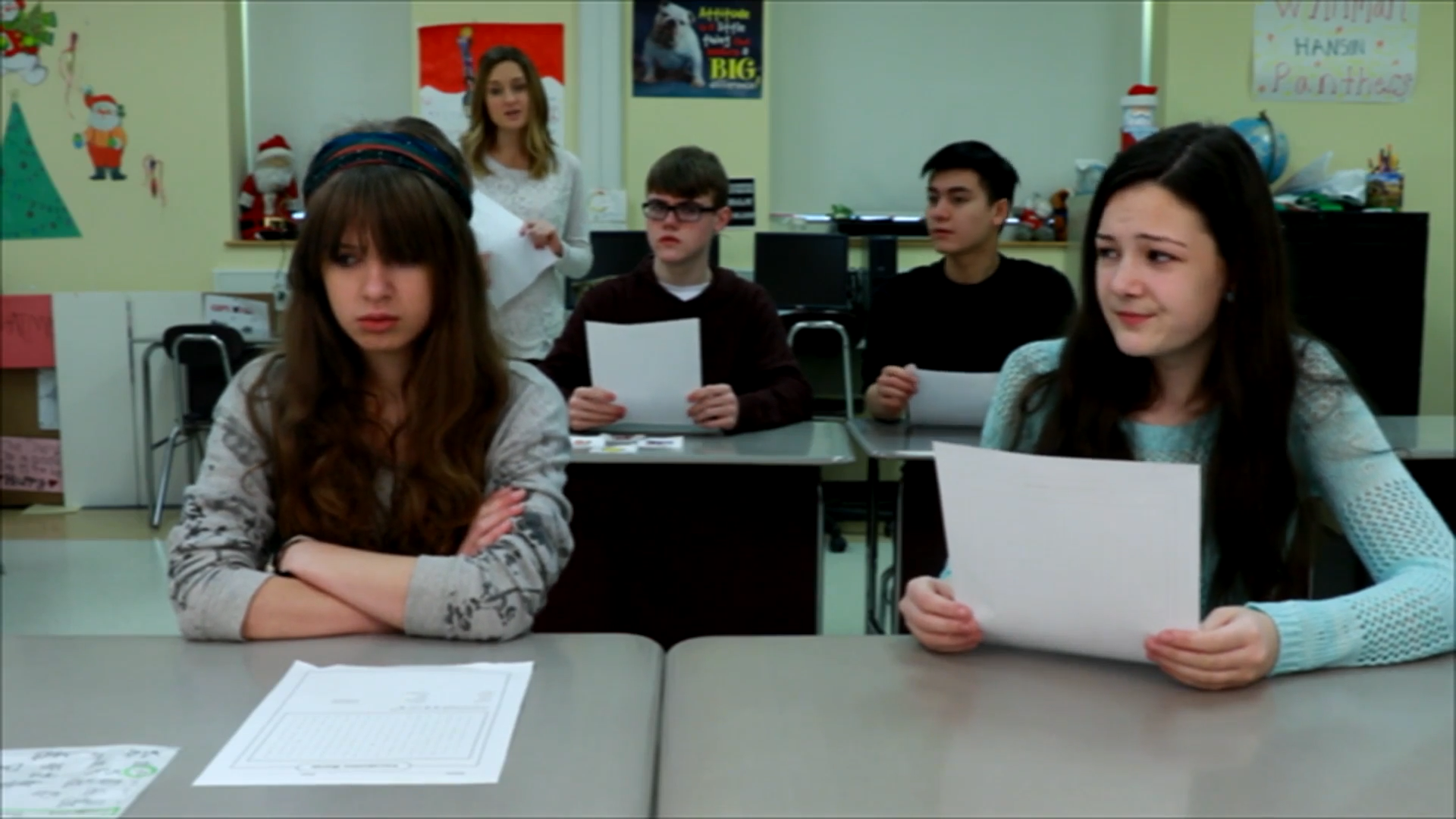In special education, it’s essential to address various skills that impact students’ learning, social interactions, and overall wellbeing. One such skill is handling disappointment maturely, as demonstrated in our target skill example.
Understanding Handling Disappointment
Handling disappointment refers to the ability to manage emotions and maintain a positive attitude when faced with setbacks, such as poor grades. This skill is crucial for students’ academic success, social relationships, and emotional health.
The Role of Specialists
Various specialists can support the development of handling disappointment:
- Speech-Language Pathologists: Help students communicate their feelings effectively and appropriately.
- Social Workers: Assist in developing coping strategies and building resilience.
- Psychologists: Work on improving emotional regulation and self-awareness.
- School Counselors: Provide guidance on problem-solving and goal-setting.
IEP Goals for Handling Disappointment
Below are specific SMART IEP goals to improve handling disappointment in students:
-
Goal: The student will demonstrate appropriate reactions to disappointment in 8 out of 10 trials.
- Strategies/Activities: Role-playing, social stories, and modeling appropriate reactions.
-
Goal: The student will identify and express their emotions in a respectful manner in 9 out of 10 opportunities.
- Strategies/Activities: Emotion identification activities, journaling, and practicing assertive communication.
-
Goal: The student will implement coping strategies when faced with disappointment in 7 out of 10 instances.
- Strategies/Activities: Teaching deep breathing, mindfulness exercises, and creating a personal coping strategy list.
Implementing and Measuring Progress
Ensure success by:
- Collaborating with specialists and incorporating their recommendations.
- Consistently practicing strategies and activities in various settings.
- Tracking progress using data collection tools and adjusting goals as needed.
Conclusion
Effective IEP goals for handling disappointment can significantly improve students’ emotional wellbeing, academic performance, and social interactions. Apply these goals and strategies to help students overcome setbacks maturely. For more resources, explore Everyday Speech Sample Materials.






